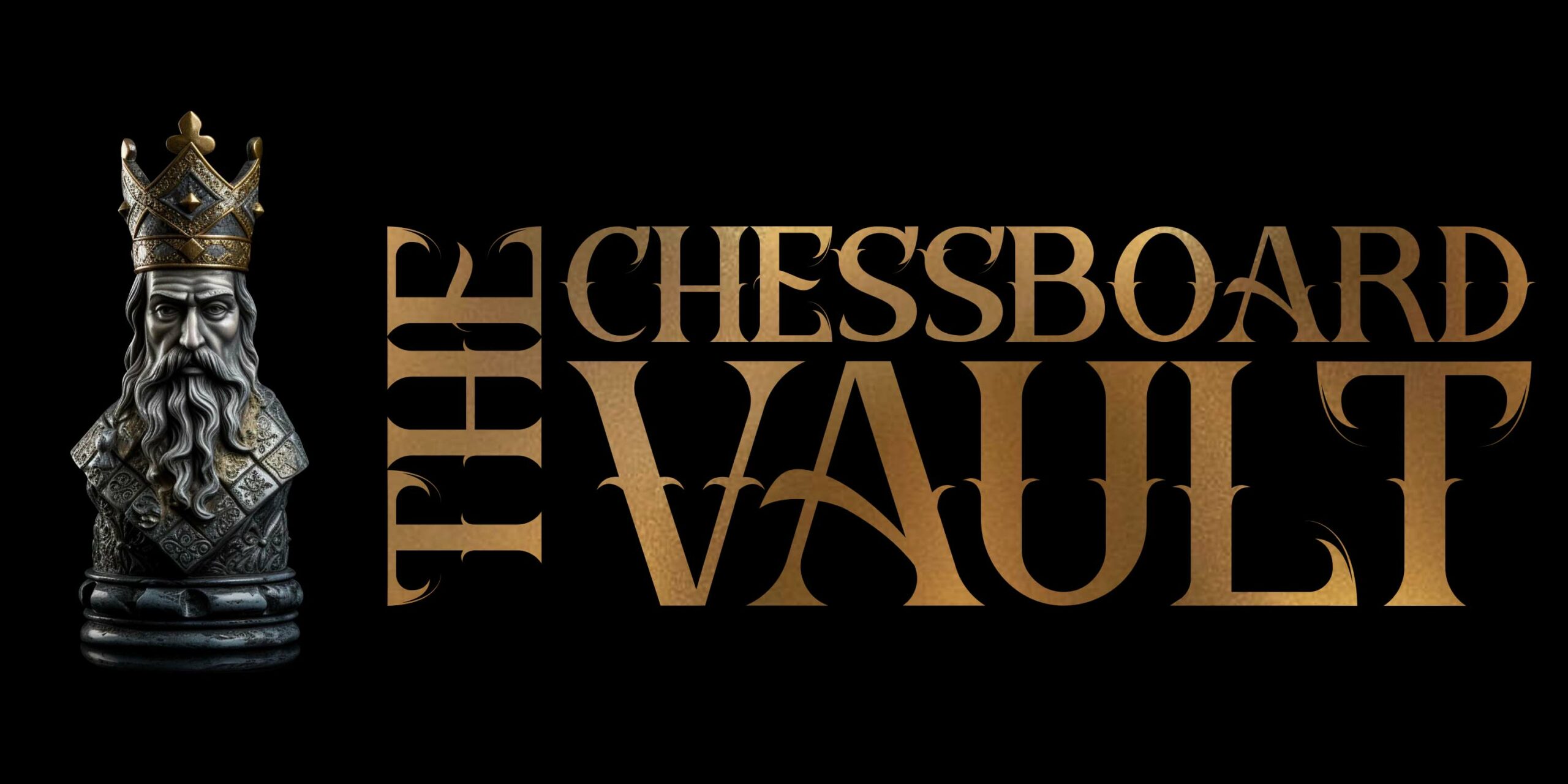From July 26 to August 11 – إِنْ شَاءَ ٱللَّٰهُ – The XXIII Summer Olympic Games of the modern era will be held in Paris. Pore than 4,000 athletes from 184 delegations will compete in a variety of sporting disciplines. – from which the Russian and Belarusian teams will be excluded, but not those from Israel; competitors from excluded nations may take part individually under a “neutral flag”..
According to the authorities – the same ones who were the linchpins of the covide affair – these Games will focus on innovation and sustainability, with the aim of leaving a positive legacy for the city and the country – as always, we can expect the profits to go to the multinationals and the deficits to the “paying pigs”, i.e. yourselves dear readers and fellow citizens. Of course, they will also be an opportunity to promote the LGBT propaganda of “diversity and inclusion”, and to encourage the practice of sport in all parts of the world – especially in front of the TV set…
The game of chess is not on the program of the grand-messe, whose 45th Olympiad will be held in mid-September 2024 in Budapest (Hungary). Indeed, despite being recognized as a sport by the International Olympic Committee (IOC), chess is still not part of the Olympic Games program, despite numerous attempts by FIDE. Indeed, even the simple integration of chess into the Olympic movement as an exhibition sport has been a controversial issue, as witnessed at the XII Odesur Games in Asunción.
Arguments in favor of including chess in the Olympic Games
Here are some arguments in favor of including chess in the Olympic Games:
- Mental sport: chess is considered to be a mental sport that requires intense cognitive, strategic and concentration skills.
- International recognition: chess is recognized as a sport by the International Olympic Committee (IOC) and the International Chess Federation (FIDE) is the fourth largest international sports federation with the largest number of affiliated organizations after soccer, athletics and basketball.
- Anti-doping regulations: FIDE is a signatory to the World Anti-Doping Code of the World Anti-Doping Agency (WADA) and therefore has its own anti-doping and anti-cheating regulations.
- Equity and diversity: the inclusion of chess in the Olympic Games could encourage diversity in sporting disciplines and promote equity by recognizing mental sports in the same way as physical sports.
A reality: sport as spectacle – certainly, the lowest of arguments…
Officially, the International Olympic Committee (IOC) does not appear to have a direct and open relationship with spectator sport, since, according to the Olympic Charter, the IOC focuses on the promotion and development of sport as a physical and competitive activity, rather than as a spectacle.
However, the IOC recognizes that sport can have a relationship with spectacle and entertainment, and that this can attract more people to participate in sport. It further recognizes that the importance of spectator sport at the Olympic Games lies in its ability to attract a wider and more diverse audience, thereby helping to disseminate and popularize Olympic (anti-)values and sport in general.
As an event that combines sporting competition with entertainment and excitement, spectator sport at the Olympic Games succeeds in capturing the attention of people of all ages and cultures, encouraging active public participation and generating a festive atmosphere around the competitions at a time when humanity is running towards its doom.
In addition, spectacular sport at the Olympic Games can serve as a platform for inspiring new generations, showcasing top athletes competing in exciting events and motivating young people to get involved in sport. In this sense, the spectacular aspect of the Olympic Games not only reinforces sporting competition, but also promotes values such as effort, surpassing oneself and teamwork, thus transmitting a positive and motivating message on a global scale.
Why isn’t chess on the Olympic program?
- Limited physical effort: Chess is a mental game that does not require a physical component, like most Olympic sports. However, the IOC considers that, despite its competitive nature, the practice of this discipline does not demonstrate an obvious physical effort like most sports.
- Competition: although chess is extremely competitive, it doesn’t have the same physical nature as other sports, such as soccer or basketball.
- Structure: chess is structured at various levels, but does not have the same organizational structure as other sports, such as athletics or volleyball.
- Limited financial support: one of the financial conditions for a sport to qualify as an Olympic sport is access to increased financial support from governmental and private organizations – demonstrating our earlier reference to “anti-values”… In this respect, chess lacks financial support from major Western companies and brands.
- Chess is not a spectator sport. Spectator sport is characterized by a form of entertainment, distraction and amusement for those who participate or attend. Examples include soccer, basketball, volleyball, tennis, field hockey, gymnastics and athletics. This type of sport is articulated as a consumer product and aims to entertain the public, generating emotions and experiences through sporting competition. This category stands out for its ability to attract large audiences and create a festive, exciting atmosphere around competitions.
- While chess can attract a wide audience, the IOC prefers to include up-and-coming disciplines such as break-dancing, sport climbing, skateboarding, karate, baseball and surfing.
Conclusions
As we have seen, new sports such as break-dancing, mountaineering and eSports have a strong commercial character that has been taken into account by the IOC authorities because they are spectacles that sell because they attract the under-30 segment of Western society. They bring together in the same showcase spectacular (in Guy Debord’s sense): fashion (clothes, shirts, pants, sneakers, sports caps, consoles, digital programs, optics, etc.), music, cinema, television, photography and energy drinks, among others.
This suggests that beyond the “highest values” of the International Olympic Movement, powerful economic and commercial interests deprived other less traditional sports, less universally recognized and less practiced than chess, of a presence at the Paris event.
